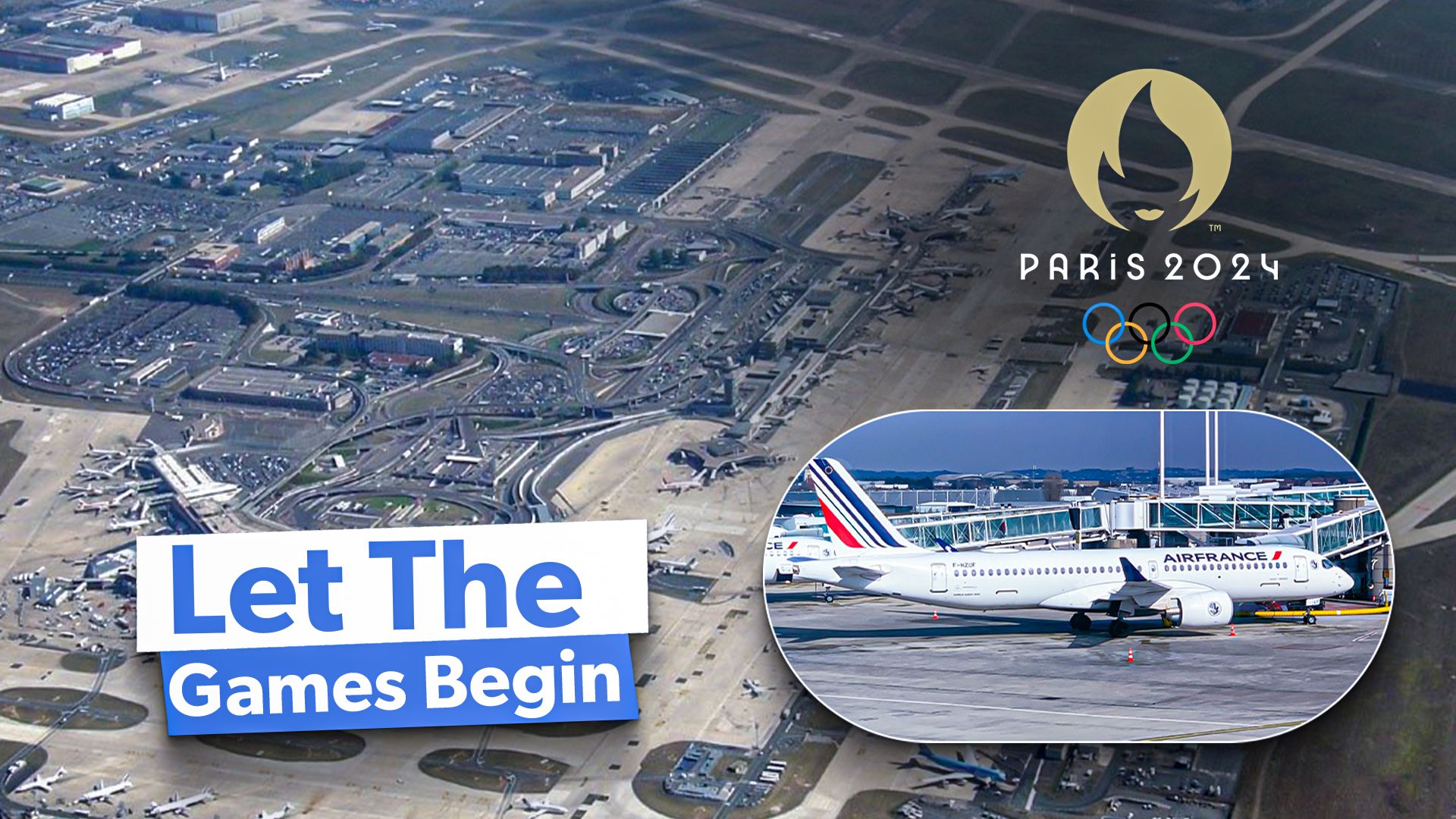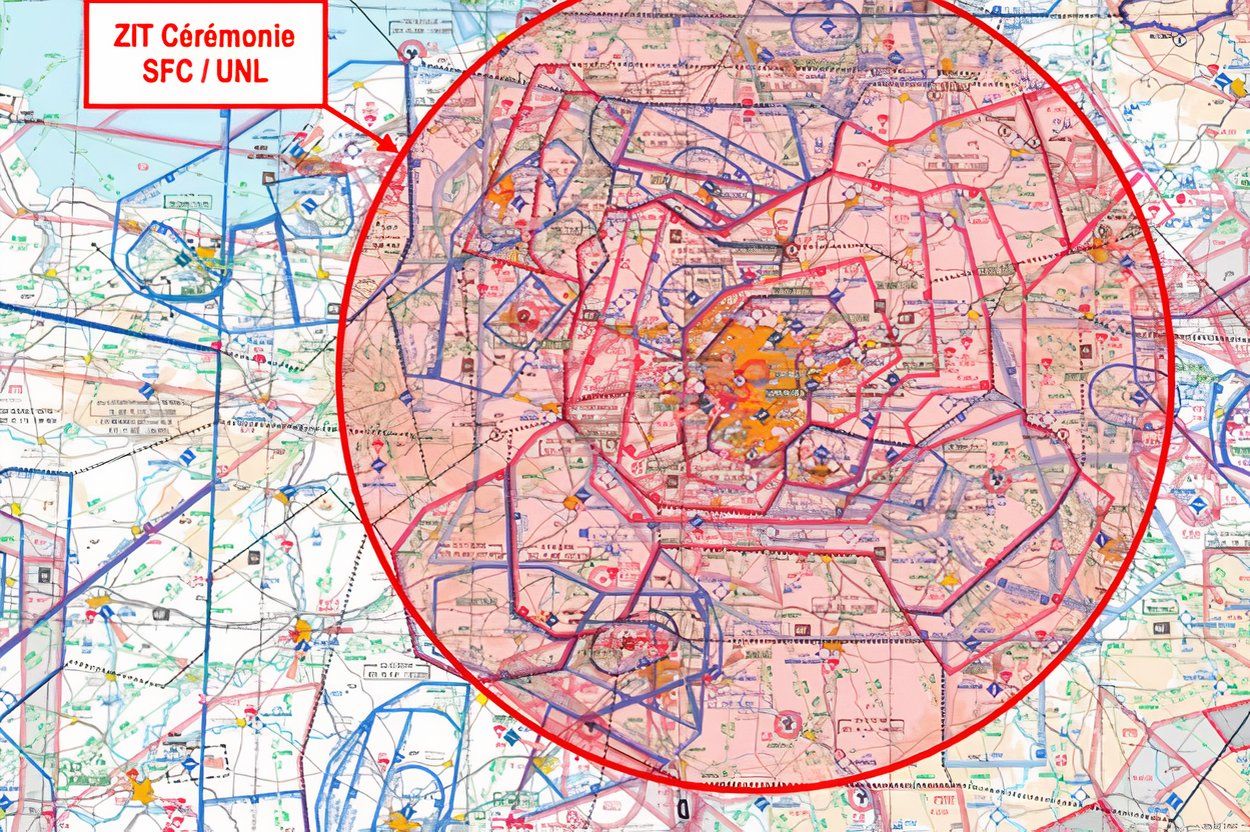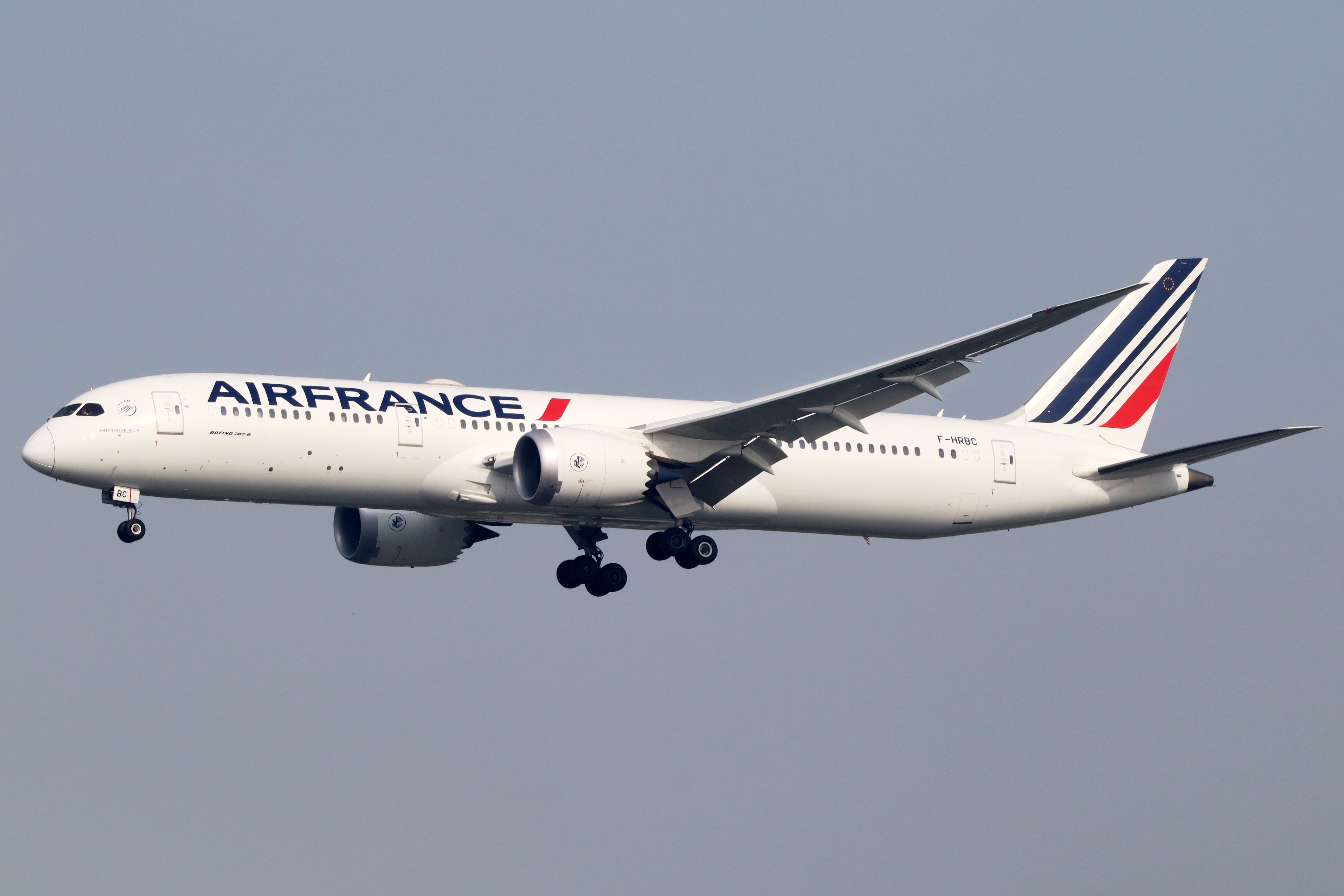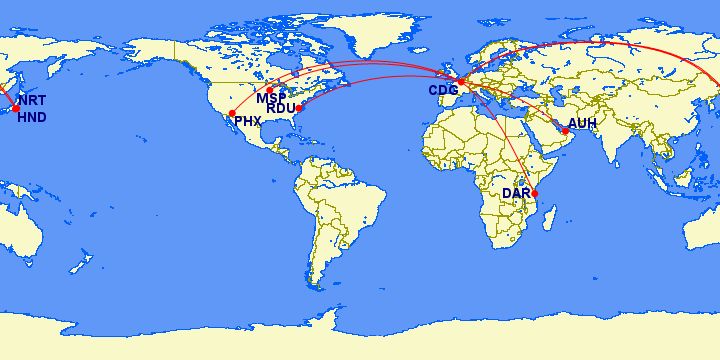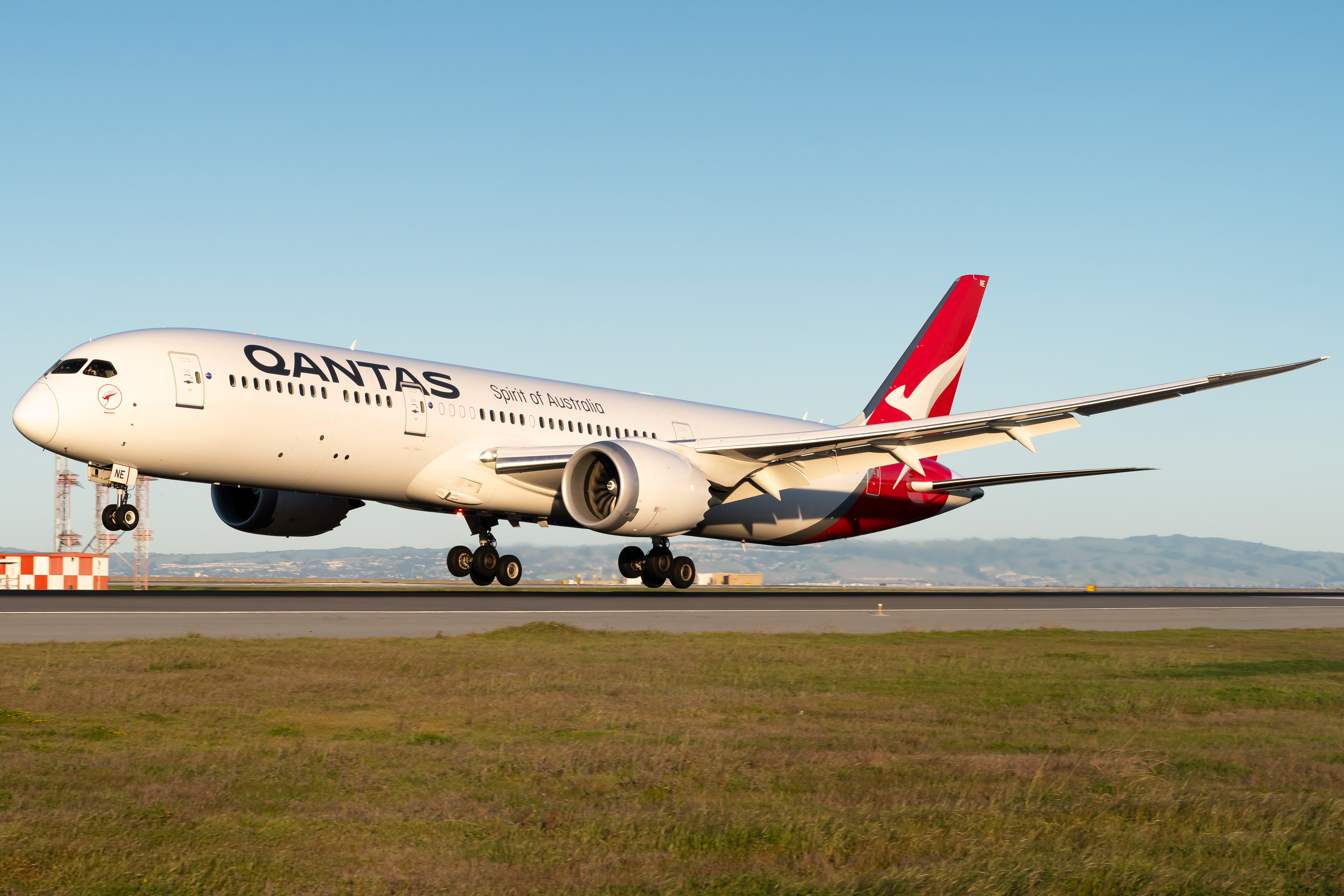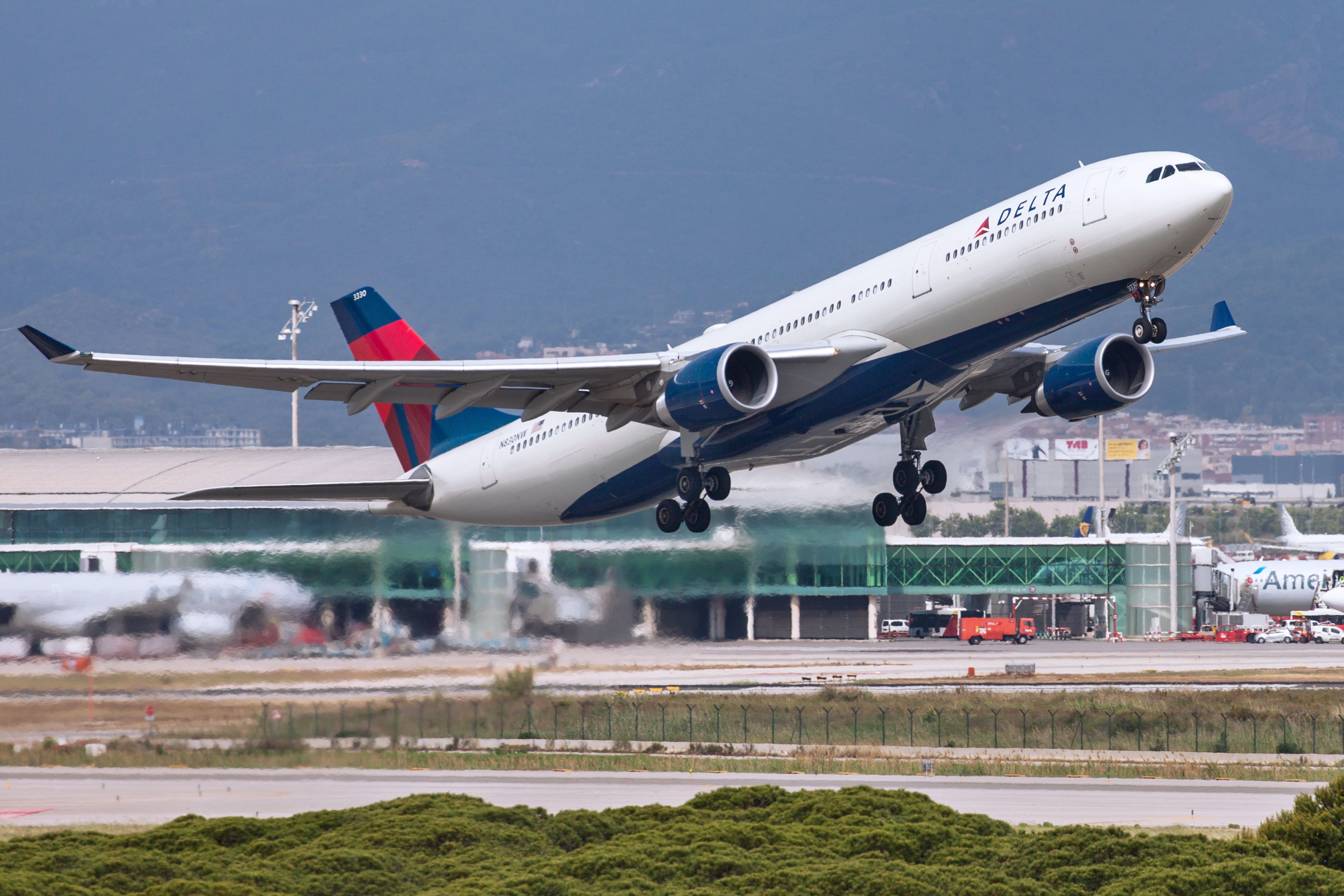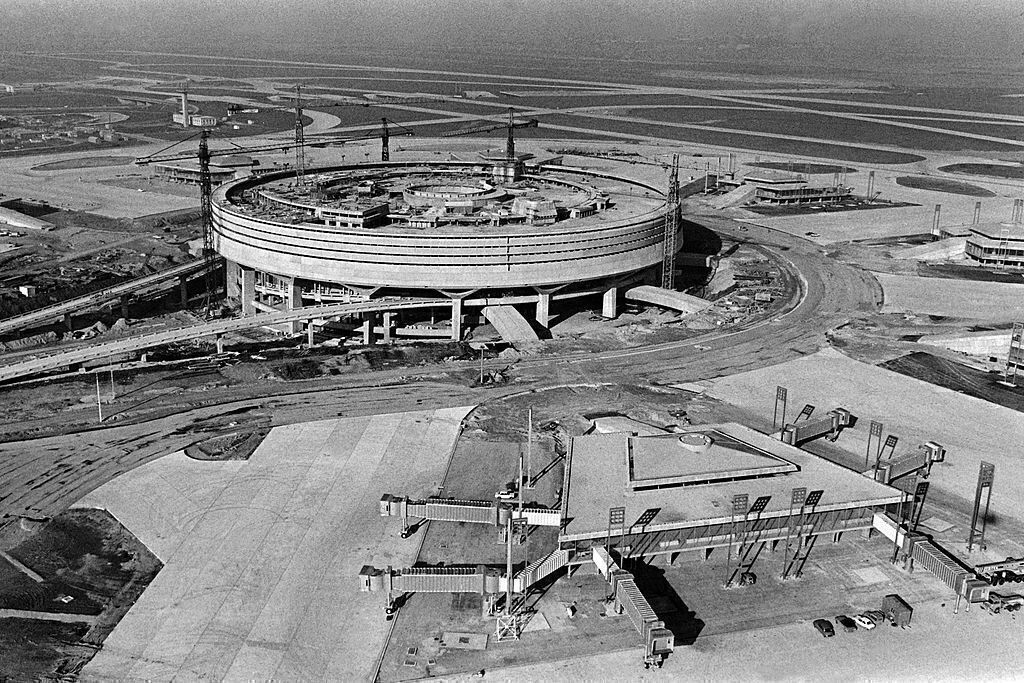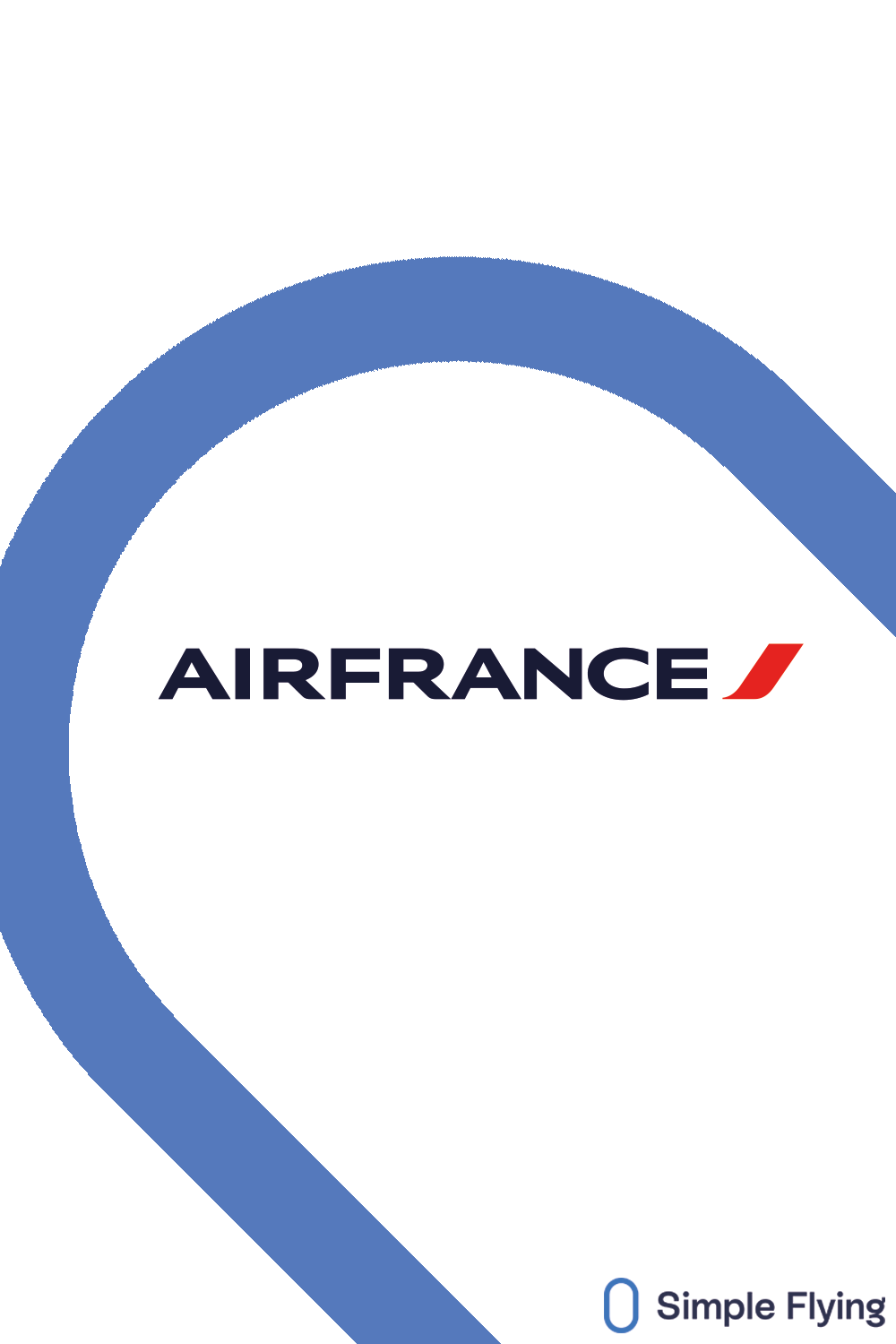Quick Links
The Paris Olympics will take place this summer from July 26 to August 11, with the Paralympic games taking place shortly after from August 28 to September 8. In the lead-up to this, airlines have adjusted schedules following newly imposed regulations related to noise and safety concerns in France. In addition, with air travel demand skyrocketing during the already busy summer months, capacity adjustments and schedule optimization are essential for airlines to reap the benefits of the upcoming events.
The main epicenter of the Olympics will inevitably be the capital city of Paris and its surroundings. Some sporting events will also be featured in other cities in France, including handball in Lille in the North, football and sailing in Marseille, and surfing in the overseas territory of French Polynesia. Other football games will also be displayed in Bordeaux, Décines-Charpieu (Lyon), Nantes, Nice and Saint-Étienne.
A busy turnout
Millions of spectators and thousands of athletes are expected to push French transport infrastructure to its limits. This is particularly true for airports, which will be overwhelmed by a significant increase in passenger numbers and luggage loads, many with sports equipment.
The organization that manages the capital city’s airports —Groupe Aéroports de Paris (ADP)—predicts it will handle 115,000 pieces of luggage, of which 17,000 will be oversized, i.e., sports equipment. Typically, the group will process around 1000 of these oversized items over a normal year. Augustin de Romanet, chairman and CEO of Groupe ADP, said:
“It is in our airports that the Games will begin and will end for many: everyone will make their first and last memories there. This is a magnificent challenge for the entire airport community and for our territories, and a unique opportunity to demonstrate our know-how and commitment to hospitality. Groupe ADP with all its employees, will be there to make Paris 2024 an unforgettable collective success.”
Paris airports have long begun preparations to welcome the Olympic traffic. At the main airport, Paris Charles De Gaulle, baggage handling systems have been improved, for instance. Now, in Terminals 2B and 2D, 1800 bags can be handled per hour for departures and around 6,000 arriving bags. Separately, the Parisian metro operator RATP is preparing to inaugurate the extension of Line 14 to Paris Orly Airport, facilitating transfers to the city by public transport. Its opening is slated for June 23.
The no-fly zone
The opening ceremony for the Olympics will occur on July 26, during which a no-fly zone will be put in place. This flight ban is to be the size of neighboring Belgium and has been deemed necessary by organizers for health and safety reasons.
Photo: Service de L’Information Aeronautique
In other words, flights to, from, and over Paris Charles de Gaulle, Paris Orly, and Paris Beauvais airports are forbidden from 16:30 to 22:00 UTC. For the rest of the summer season, traffic can run as usual.
The area affected spans 28,922 square miles and inevitably impacts schedules across the board. easyJet, for instance, has said it was forced to cancel nearly 100 flights, affecting nearly 18,000 passengers. A spokesperson from the airline said:
“Like all airlines operating to and from Paris, easyJet has been requested to reduce its flying programme for duration of the 2024 Olympics opening ceremony on Friday 26 July 2024. This resulted in the cancellation of 96 flights at both Paris Charles de Gaulle and Paris Orly.”
Other low-cost airlines also confirmed that they had been affected by the opening ceremony. Ryanair said that some of its flights to Paris Beauvais Airport have had to be canceled or rescheduled. The impact on Hungary’s Wizz Air is less pronounced, with only two flights canceled.
How airlines have responded
Air France
Photo: KITTIKUN YOKSAP | Shutterstock
Airlines have been preparing for the Paris Olympics with bigger aircraft or increased frequencies on routes to and from France. Inevitably, this is the case for flag carrier Air France, which has attempted to grow its presence on the transatlantic market in preparation for the Olympics.
Air France said it plans to offer 9% more capacity overall on long-haul services this summer.
Map made with GCMap.com
An overview of its Olympic expansion is listed below:
- Paris to Minneapolis: service resumption, operating daily with a Boeing 787-9.
- Paris to Phoenix: new service operating thrice weekly with a Boeing 787-9 (begun on May 23)
- Paris to Raleigh-Durham: launched initially as a winter seasonal service begun in 2023, the route will be continued through the summer of 2024 with up to 7 weekly flights with an Airbus A350-900
- Paris to Abu Dhabi: this winter seasonal flight, also launched in 2023, will be extended through Summer 2024 with a daily Airbus A350 operation
- Paris to Dar Es Salam: inaugurated last summer, the service will be resumed thrice weekly this summer as well, via Zanzibar
- Paris to Tokyo: significant service expansion with a total of two daily flights to Haneda Airport and four weekly services to Narita Airport.
- Additional frequencies “on key African and Indian Ocean routes” including to Cotonou, Antanarivo, Yaoundé, Douala and Brazzaville.
On the short/medium-haul side, the airline also announced flights to Verona, Narvik, and Kalamata for this summer. Its recent expansion also comes following a challenging start to 2024, with its first-quarter results release highlighting the impact of geopolitical tensions in Africa, Asia, and the Middle East. At the time of the carrier’s Q1 results publication, CEO Benjamin Smith said the airline was “actively gearing up for a promising summer season with, in Paris, the eagerly-awaited Olympic and Paralympic Games.” He added:
“A unique opportunity for Air France to showcase its expertise and customer service excellence.”
In fact, earlier this month, the carrier revealed that it would be providing a dedicated check-in lobby for its La Première (first class) passengers starting in July in time for the Games.
Qantas
Surprisingly, Qantas will also be taking advantage of the Paris Olympics by launching a new service from Perth. Beginning on July 12, the flight will be operated by a Boeing 787 and will take nearly 17 hours to complete. It is, of course, quicker than the other one-stop options available (typically via Dubai, Doha, or Abu Dhabi, for instance).
Photo: Vincenzo Pace | Simple Flying
The route will initially run four times a week while the Paris Olympic and Paralympic Games are running, before reducing to thrice weekly from mid-August. This will mark Qantas’ second direct flight to mainland Europe after its summer seasonal route to Rome, which will also return this summer. It is also worth noting that Qantas operates a direct, record-breaking flight between Perth and London with its 787 fleet, meaning Paris will be its third destination in Europe. Qantas Group CEO Vanessa Hudson said:
“This route has been on our wish list for a while, and we think customers will be as pleased as we are to see it go on sale. Our direct flights to London and Rome have been hugely popular and Paris is the next most requested destination so we know the demand for this service will be strong as well.”
Delta
Delta Air Lines is also invested in the Paris Olympics, having expanded services from Cincinnati to Paris this summer. Resumed in 2022, the flight has now been upped to daily from its previous thrice weekly status. Flights will primarily be operated by the Boeing 767-400ER, with select frequencies undertaken by the Airbus A330-300.
In June, the carrier’s operation nearly doubled in frequency compared to May, with 60 flights on the 767. Daily flights will continue through August, from which demand is also expected to fall in line with the end of the summer season and the Olympics.
Photo: Santi Rodriguez | Shutterstock
Aside from more capacity, Delta also painted a special Olympics-themed livery onto one of its Airbus A350 aircraft. Delivered in May, the aircraft is registered N521DN and features the text ‘TEAM USA’ branded across the fuselage.
Delta is Team USA’s official partner airline and is in charge of the athletes’ transport to Paris this year, the Olympics and Paralympic Winter Games in Milan in 2026, and the Games in Los Angeles in 2028.
Other airlines
Iberia has also adjusted its route connecting Madrid and Paris Orly for July, introducing an Airbus A330-200 on July 25 and July 27 in response to heightened demand during the Olympics. The airline also operates flights from the Spanish capital to Paris Charles de Gaulle.
Avianca is also resuming flights from Bogotá to Paris as of July 3 with a three-weekly Boeing 787 operation. The service will be upgraded to 5 weekly flights from July 15. It previously served this route until January 2001, and while this service resumption is not necessarily linked to the Olympics, it could certainly benefit.
What to look out for when traveling to Paris for the Olympics
Two important threats could disrupt travel during the busy summer season and the Olympics in Paris. First and foremost, heightened demand could affect delays and queues. August 12, 13, and 14 are expected to be “particularly busy, with departing flights full,” according to Renaud Duplay, Deputy Executive Officer in charge of Operations for Groupe ADP. He said:
“We will work on solutions to facilitate the passage of the delegations, so that they don’t saturate the arrival” of other passengers.
Groupe ADP President Augustin de Romanet has also warned that arriving at the airport earlier than usual will be necessary as a preventative measure to avoid passengers missing their flights. He did not specify the number of extra hours needed at Parisian airports.
The second threat to the smooth running of air transport for the Olympic Games is strikes. Recent ATC strikes across France have had massive repercussions on flights not just domestically but also Europe-wide. On May 25, air traffic controllers forced airline operators to cancel nearly 70% of flights to and from Paris Orly. The strike action was necessary in light of inadequate staffing levels forcing poorer working conditions, according to the second-biggest labor group, UNSA-ICNA,
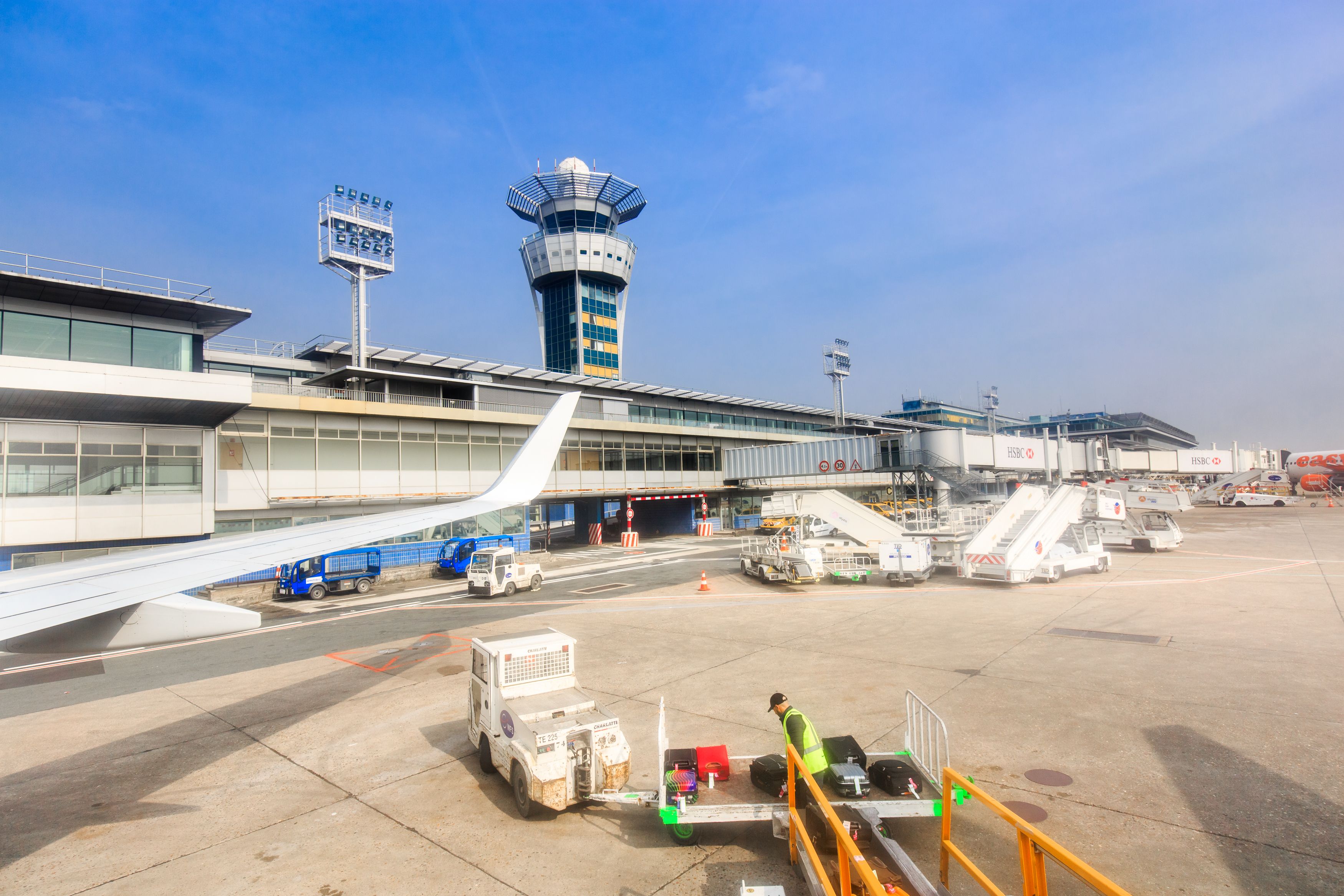
Related
How Strikes Will Disrupt Flights In France This Week
French national strikes will continue to disrupt flights in France this week. Read on for details.
Air traffic controllers could also walk out this week, as the third largest union announced a new strike notice affecting flights within the country and possibly even overflights. The Usac-CGT union said the following in a statement:
“It is very likely that staff in various DGAC (Directorate General for Civil Aviation) departments will decide to stop work to oppose social setbacks and the lack of consideration to which they have been subjected.”
The largest union, SNCTA, actually agreed to a deal put forth by the DGCA in April, which included salary adjustments and other initiatives to improve the air traffic control systems in France.
Given the continued discontent evoked by the other two unions, should a revised agreement fail to be reached with the DGCA, travel to the Paris Olympics could very well face heavy disruption. In the same way that the Olympics serve as a symbolic event to showcase what Paris has to offer, will its legacy be one of air transport delays, cancelations, and uncertainty?

